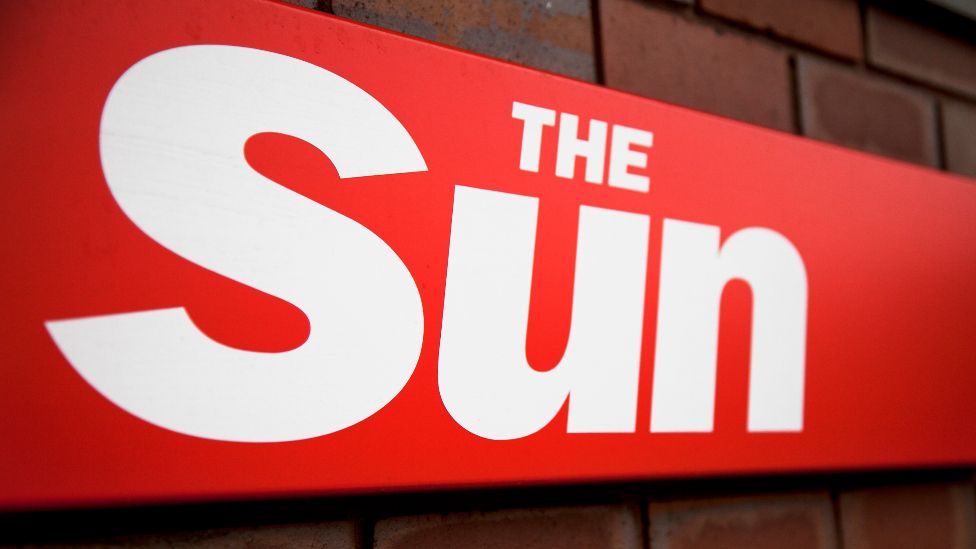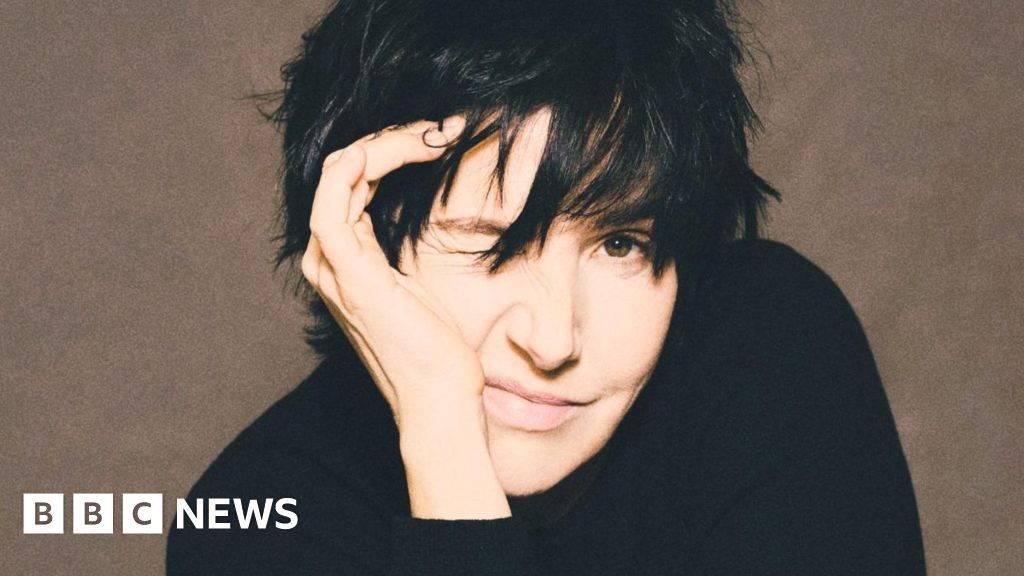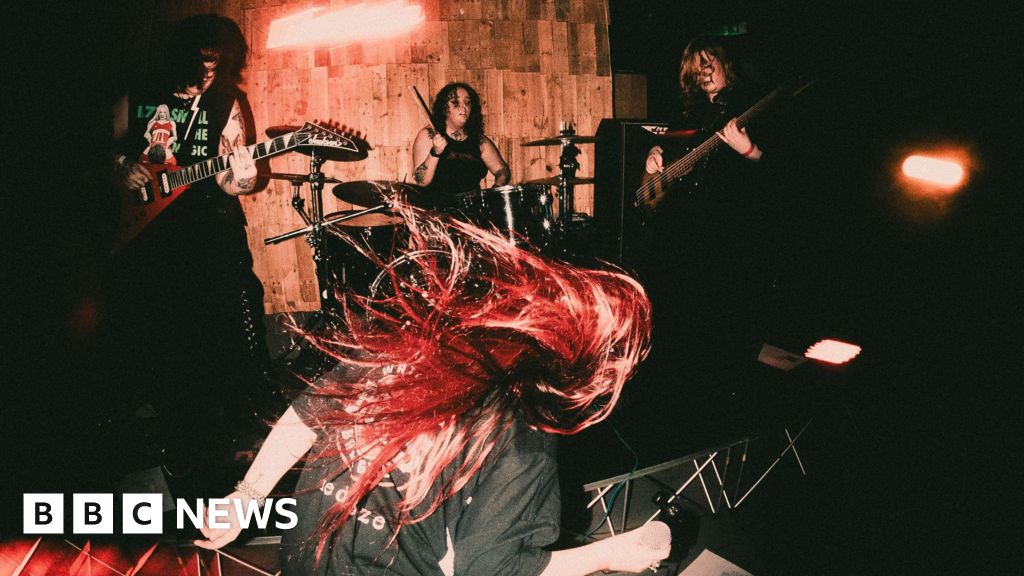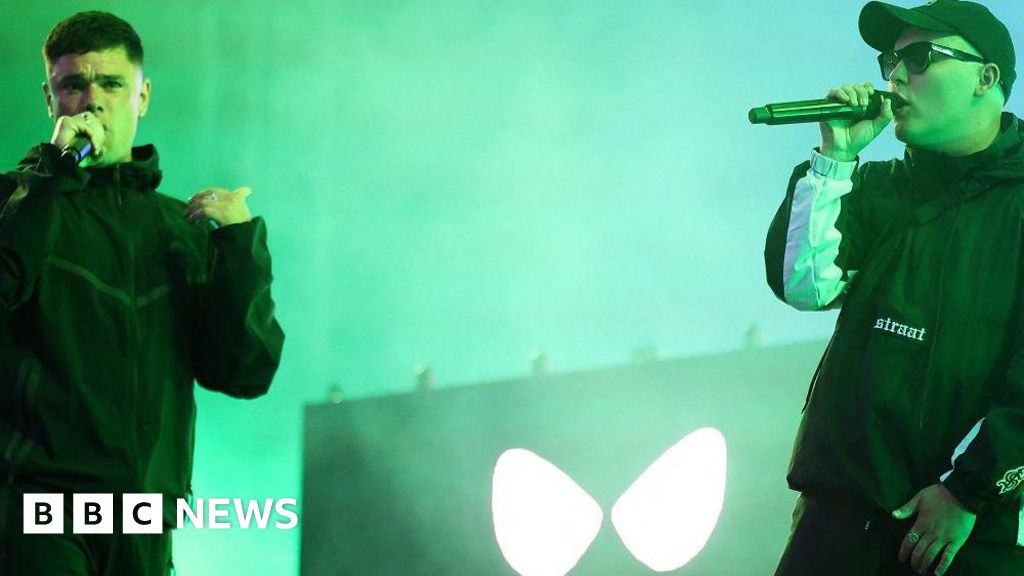ARTICLE AD BOX
 Image source, Getty Images
Image source, Getty Images
As claims and counter-claims surrounding a BBC presenter continue to dominate the headlines, there are still many questions about what happened and how the story has been handled.
On Friday, the Sun newspaper reported that the unnamed BBC personality had been accused of paying a young person tens of thousands of pounds for explicit images, starting when they were 17.
There are still few firm facts, however. One area under scrutiny is how the Sun has reported the story.
1. What evidence has the Sun seen that the young person sent explicit photos to the presenter when they were 17?
The Sun originally reported the presenter gave the teen "more than £35,000 since they were 17 in return for sordid images".
In more recent stories, its language around this detail has subtly changed, with one recent report saying: "It is understood contact between the two started when the youngster was 17 years old."
But did that initial contact involve explicit photos? The age is a significant element of the story because if such images were exchanged before the teenager was 18, that could be a criminal offence.
On Tuesday, the Guardian reported that sources at the Sun were "distancing themselves" from the original line about the age and were "claiming the story was not really about potential criminal activity".
"Instead, they suggest it was more about concerned parents trying to stop payments to a vulnerable child with a drug habit," the Guardian reported.
2. Did the Sun attempt to contact the young person before publication?
The lawyer for the young person said in a statement: "Nobody from the Sun newspaper appears to have made any attempt to contact our client prior to the publication of the allegations on Friday 6 July."
The primary sources in the Sun's early stories were the mother and stepfather, who it said had given sworn affidavits.
The young person tried to contact the Sun themselves on the evening the newspaper published its first story, to tell them that it was "nonsense", their lawyer later said.
Some have suggested the newspaper did try to contact the young person prior to publication.
Former Sun editor Kelvin MacKenzie told BBC Radio 5 Live: "They have been trying to contact the kid for ages, and in the end, suddenly the young person pops up out of the woodwork and says 'This is all untrue', and funnily enough replicates those statements 48 hours later [via] expensive lawyers."
3. Once it had the young person's denial, why didn't the Sun add that to the story?
The young person's lawyer said the individual sent a denial to a Sun reporter by WhatsApp on Friday evening to tell them the statement his mother had made was "totally wrong and there was no truth in it".
Nonetheless, the lawyer said, the newspaper proceeded to publish "their inappropriate article".
This raises the question of why the Sun didn't include the denial in its story, given that the young person is central to the story and it would be normal journalistic practice to include key information from someone in such a position.
"If you've got an alleged victim, and that victim has made contact with you and said there's nothing in this story, and you run the story without including that, that's pretty extraordinary," former BBC legal correspondent Clive Coleman told 5 Live on Tuesday.
But MacKenzie said the paper's reporters may not have been prepared to give weight to "a WhatsApp out of nowhere saying 'this is all cobblers'" at late notice before publication.
In a statement on Monday, the Sun said: "This has always been a story about concerned parents trying to stop payments to their vulnerable child which was funding a life-risking drug habit."
4. Why did the Sun not name the presenter?
The newspaper has not explained its decision to keep the presenter anonymous in their stories.
It will have been likely to have weighed up its evidence of wrongdoing, and whether that was strong enough to name the man in the public interest.
The Sun said the story "was always squarely in the public interest", adding: "That is beyond dispute now as explosive new claims are reported by the BBC itself."
It continued: "Here was a powerful household name, handsomely salaried via the licence fee, allegedly paying £35,000 to a vulnerable young person with a history of drug use who was sending him sexual pictures. That alleged abuse of power is central to this scandal."
But there are powerful legal reasons why naming the presenter could cause big problems. Legally, everyone has a "reasonable expectation" of privacy, and defamation law protects people's reputations from unsubstantiated allegations.
"We've had five days of headlines from the Sun and each day they have chosen not to name," BBC home and legal correspondent Dominic Casciani said on Wednesday.
"I think the reason is... because of this enormous potential risk that if something in this is wrong, there could be a potential defamation case there. But also there could be a separate case alongside it for an invasion of privacy, because there's a real risk that that's where the courts will go."
5. Why aren't Sun staff members doing interviews?
The Sun has addressed its position in print and in statements, but editor Victoria Newton and the reporters who worked on this story have not done any interviews.
The BBC has approached the Sun several times with a variety of interview requests and invitations to appear on several programmes. The Sun have so far declined those requests.

 1 year ago
48
1 year ago
48








 English (US) ·
English (US) ·